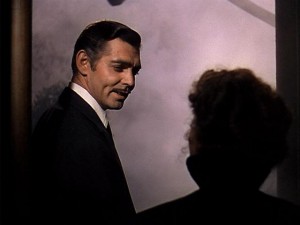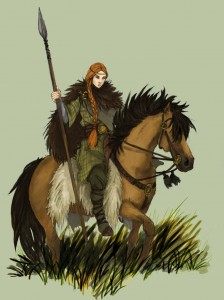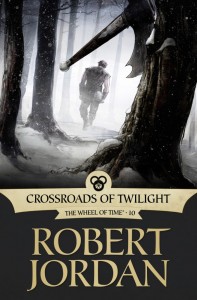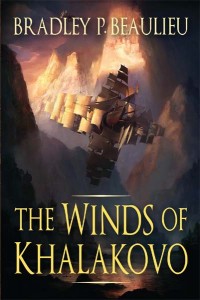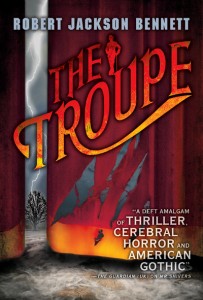 There was a moment the other day when I saw a famous author on twitter point out to everyone that they were not their characters. “If I was,” they said, “we’d all be in danger.” This was a joke, of course – the suggestion was that since a fair share of their characters were murderers or psychotics, then the author could not be them, as the author is not, to the best of anyone’s knowledge, a murderer or a psychotic.
There was a moment the other day when I saw a famous author on twitter point out to everyone that they were not their characters. “If I was,” they said, “we’d all be in danger.” This was a joke, of course – the suggestion was that since a fair share of their characters were murderers or psychotics, then the author could not be them, as the author is not, to the best of anyone’s knowledge, a murderer or a psychotic.
This joke highlights one of the fun, fuzzy, gray areas in writing relationships – where do characters come from? How do writers make them up? Or do they make them up at all?
Characters aren’t precisely “made up,” I don’t think. When we think of fictional characters, we imagine them as just sort of popping into space – they do not exist, and then the writer thinks of them, and suddenly they’re there. Something from nothing, in essence.
But it’s not from nothing. People think writers work with no raw material at all, but they actually do – they work with themselves.
Imagine a writer as a huge, swirling, dripping ball of knowledge, memory, and experience. The ball is so big it’s impossible to hold in your hands, or even to get your arms around – after all, we’re talking about years and years of conscious and subconscious impressions, connotations, associations, all kinds of messy intangibles. And you can’t funnel that into any one character – the ball is just too big and unwieldy for anyone to make a copy of it.
So what does a writer do? They pull off a chunk, like a piece of clay. Then they take that chunk and massage it, and maybe add more chunks from the main ball if they think it’s necessary, and they sculpt it and shape it and adjust it until it has the semblance of a real person – the sculpted chunk’s got emotions, experience, agency, prejudices, goals, all that kind of fun crap.
Read More »
